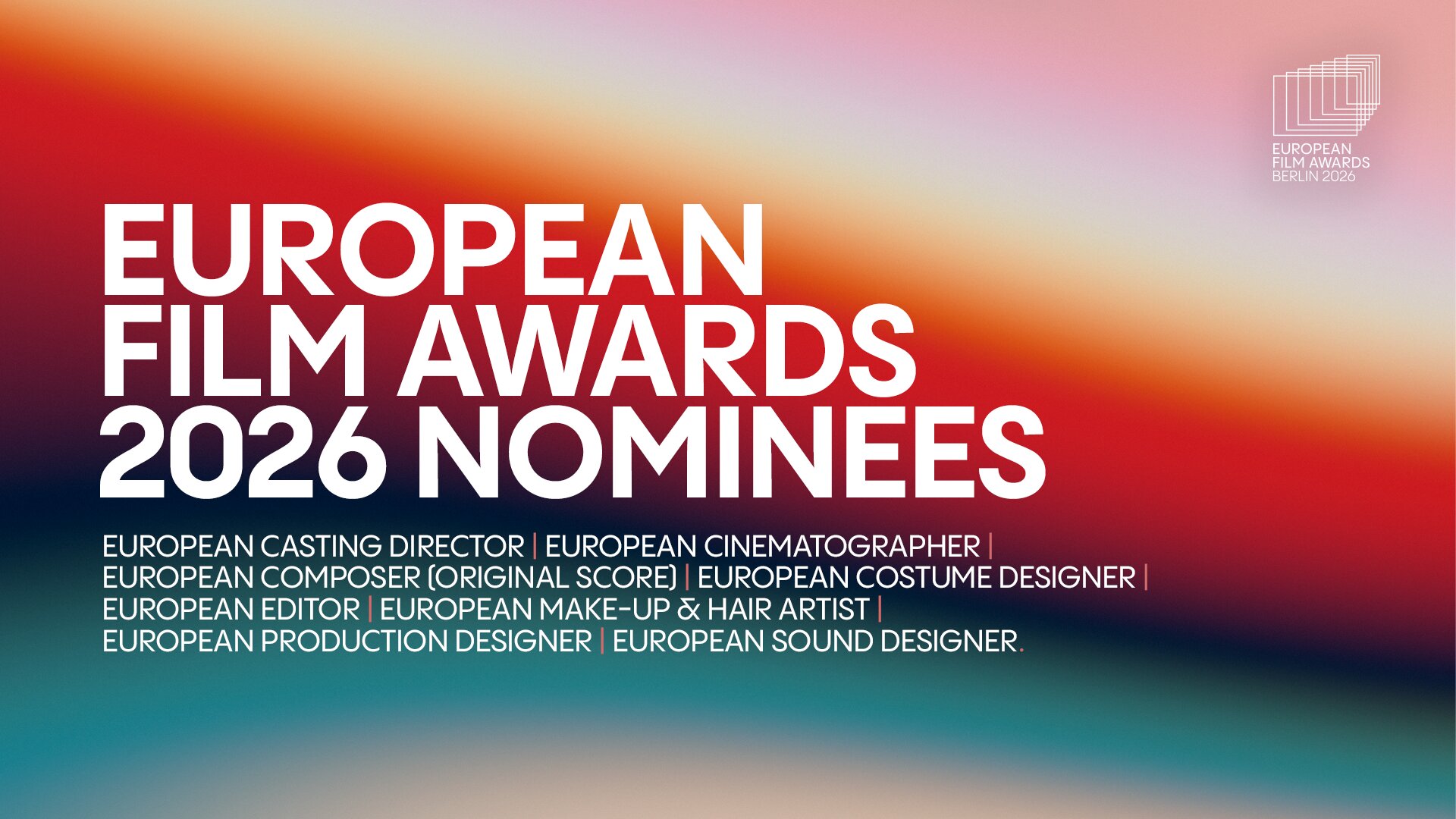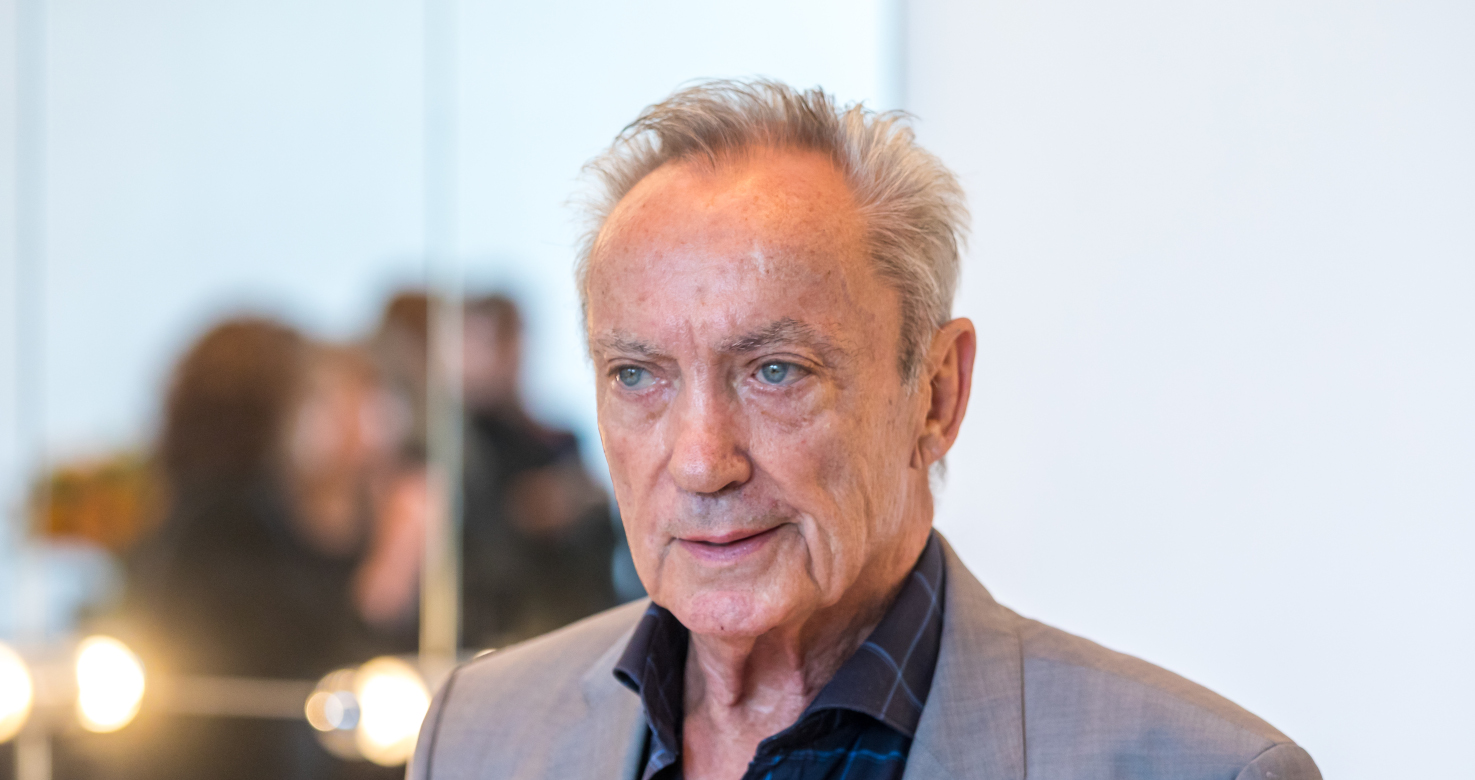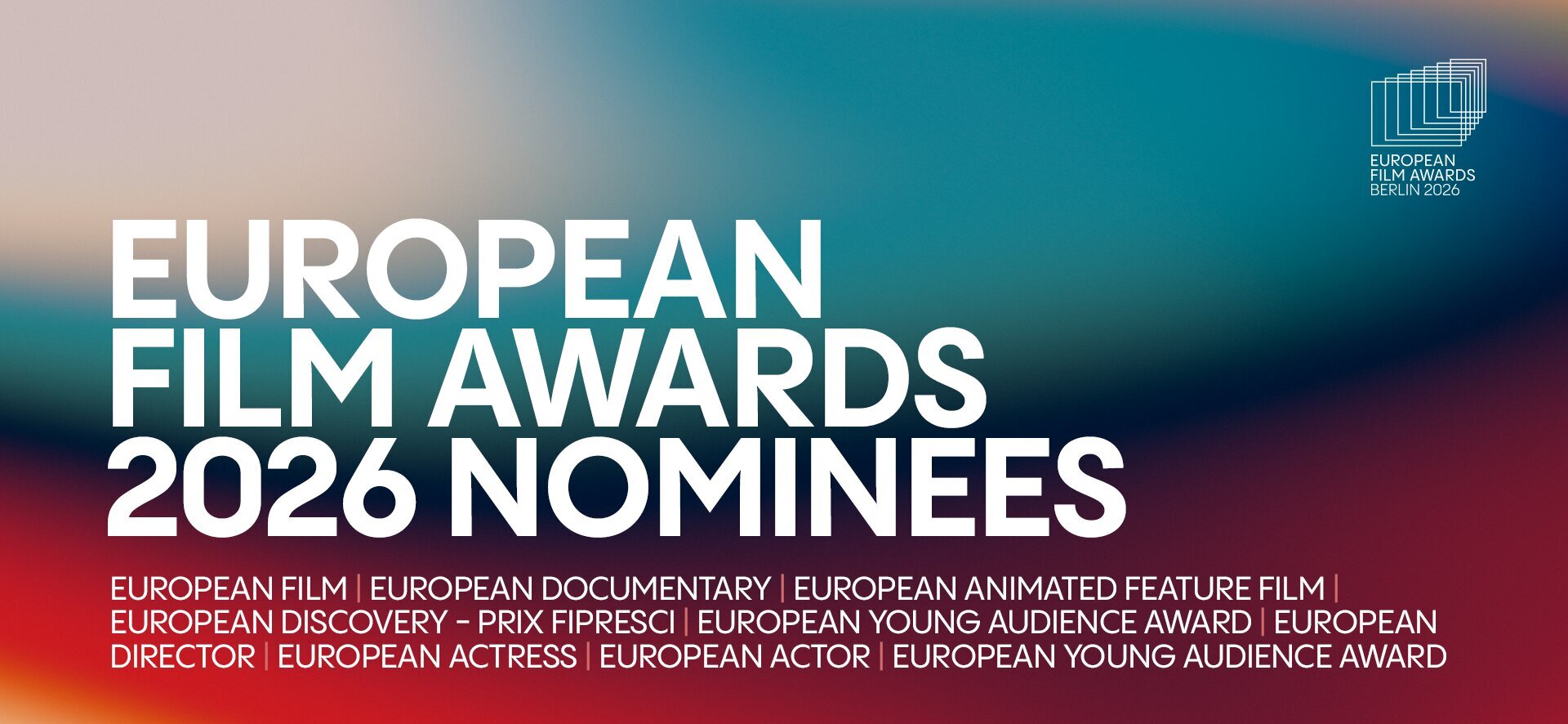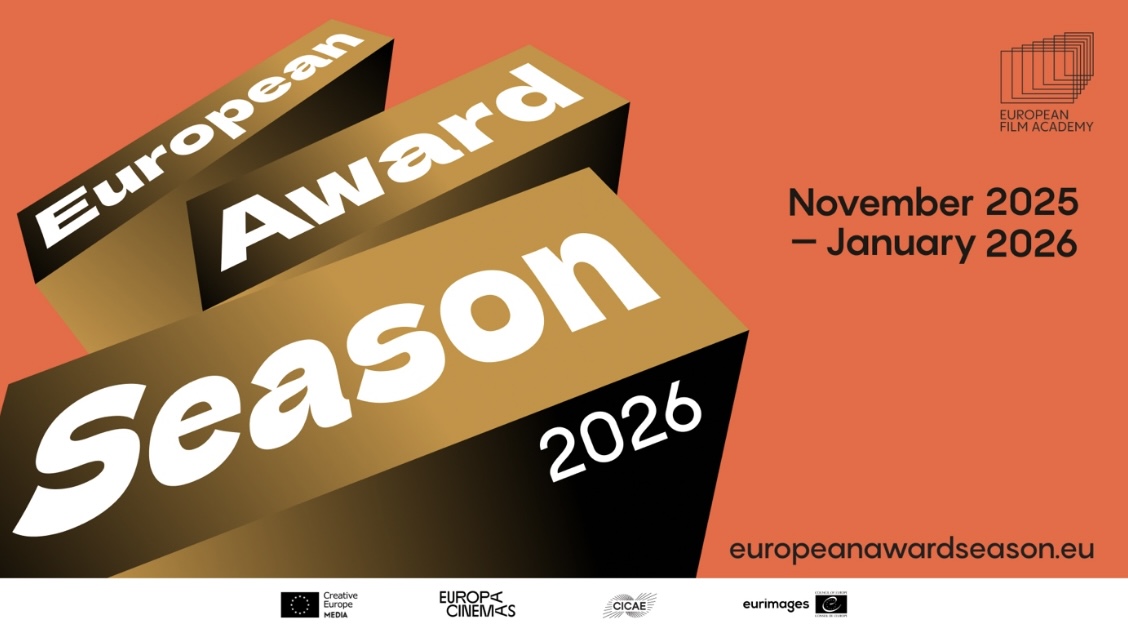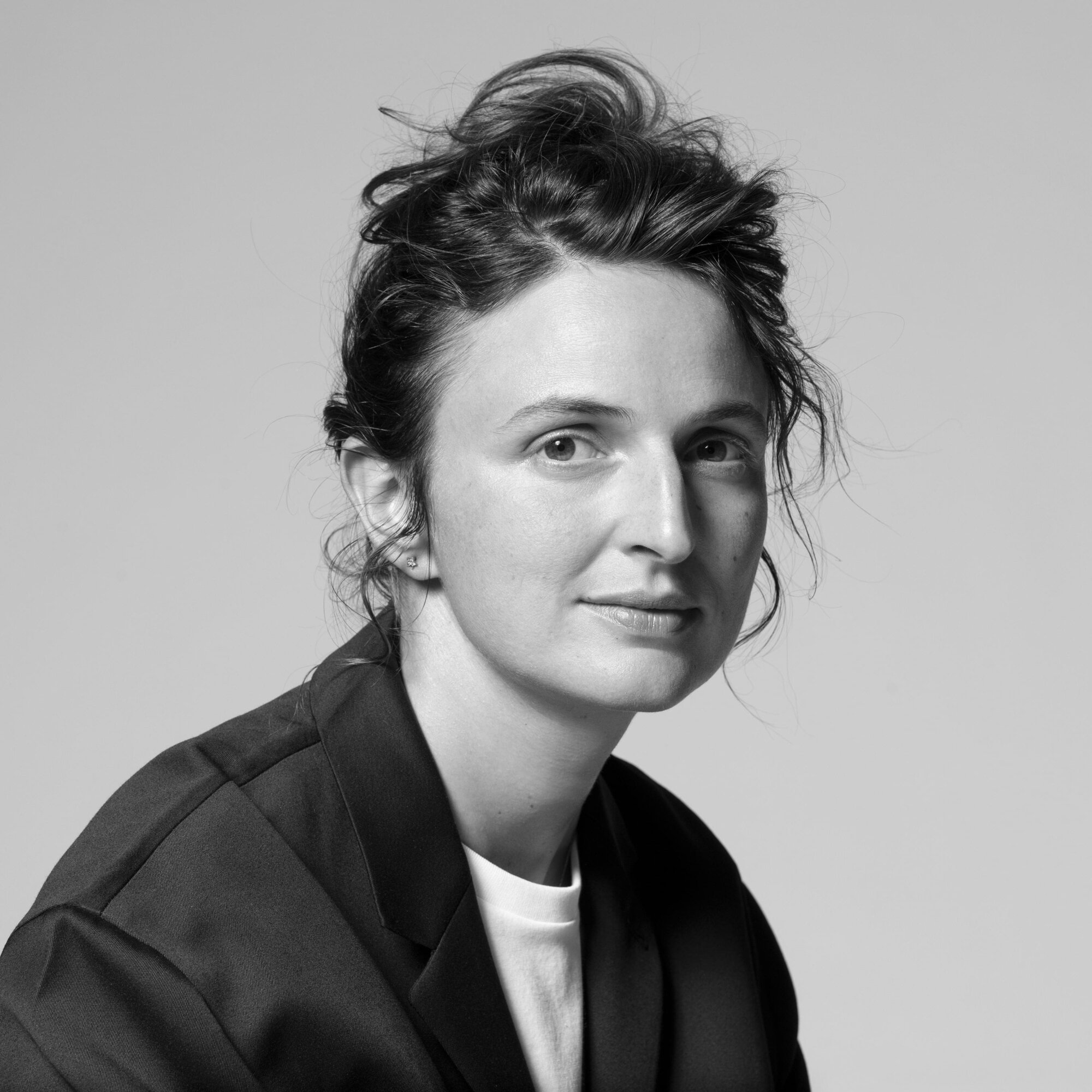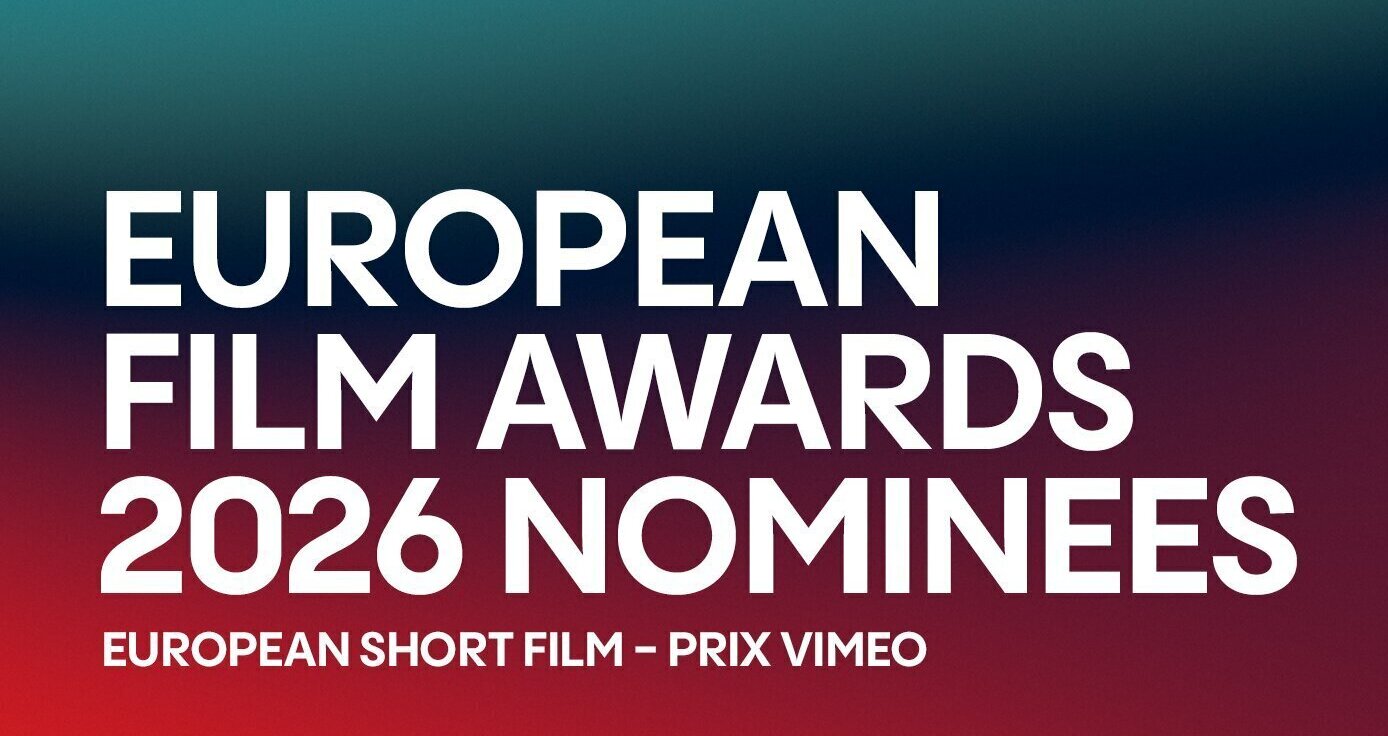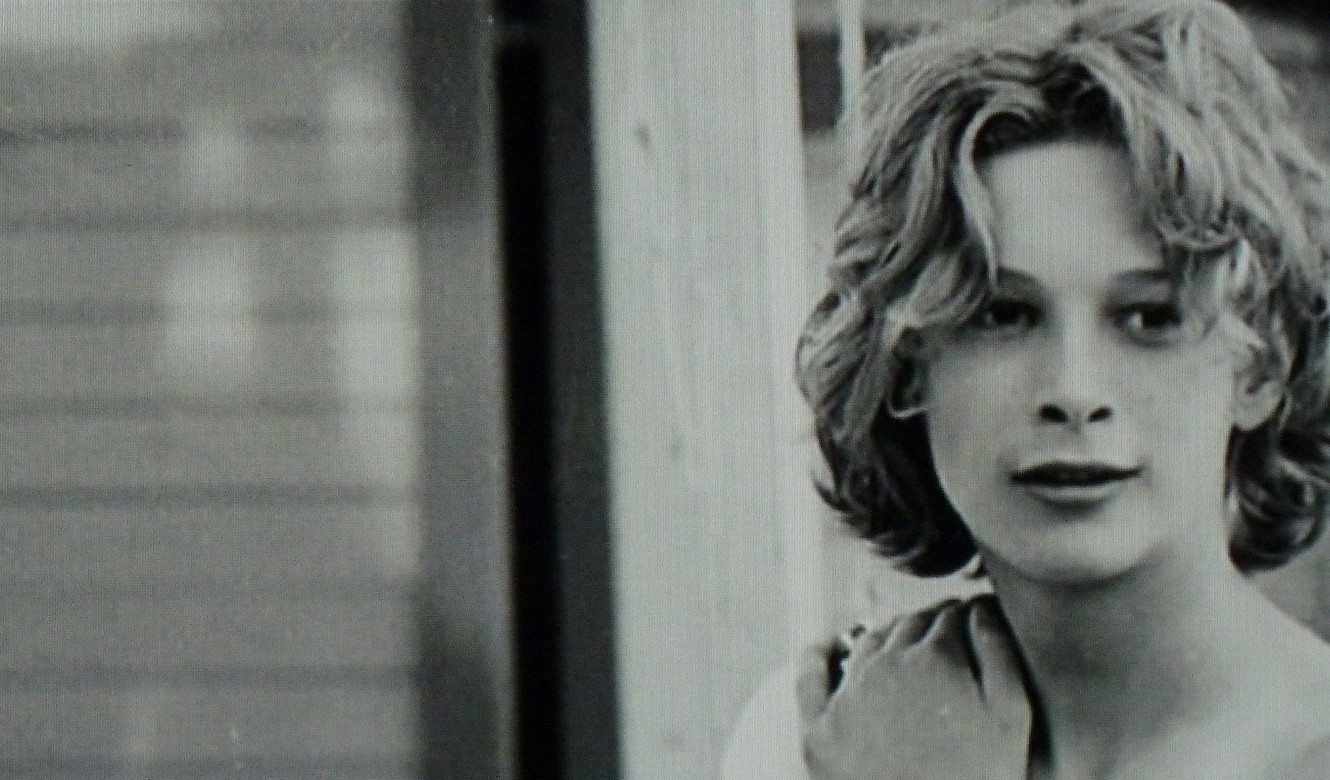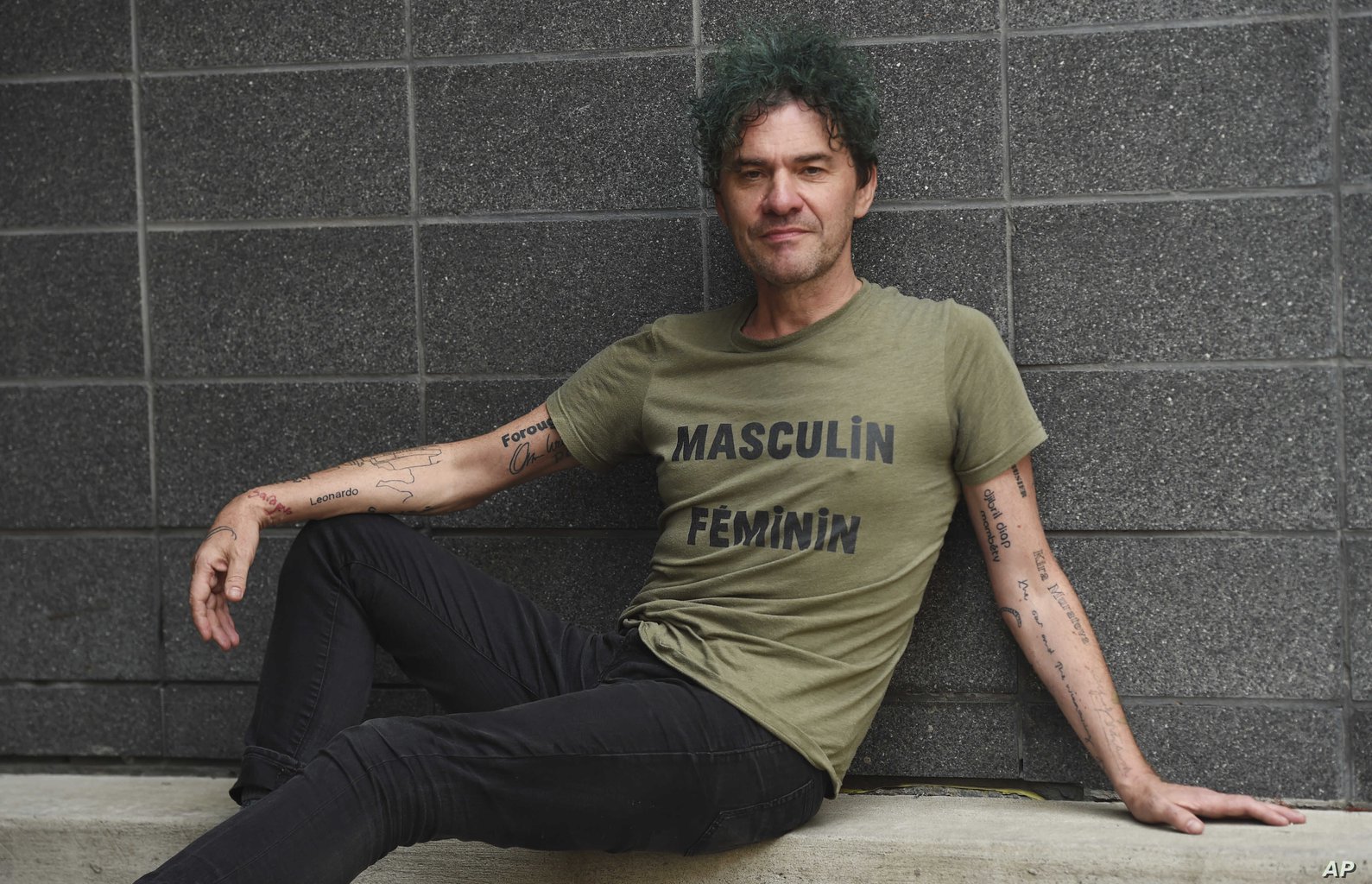_UNDERSCORE
The Living Tradition of Polish Cinema
_UNDERSCORE
The Living Tradition of Polish Cinema
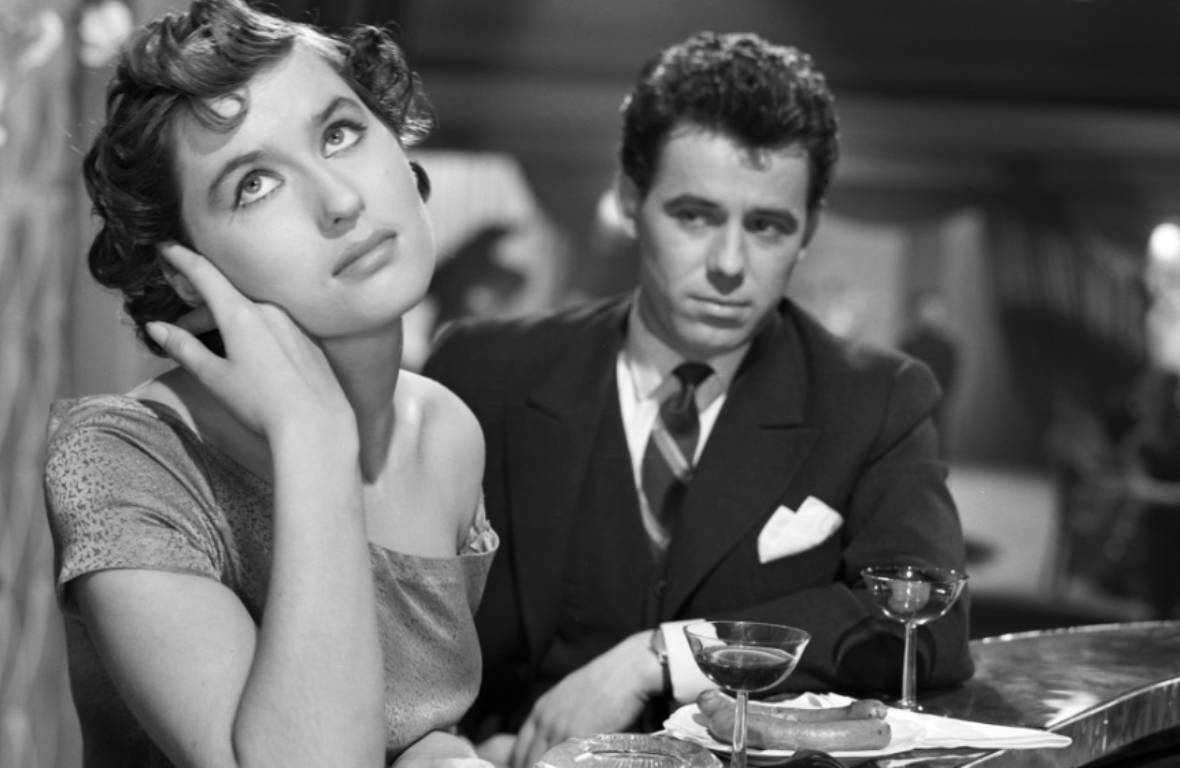
by Adam Kruk
While legendary Polish director Krzysztof Kieślowski won Best Film at the inaugural European Film Awards in 1988, it may come as a surprise that Poland only won its first Oscar for Best International Feature in 2015 — despite having as many as 13 nominations, from Roman Polański‘s KNIFE IN THE WATER (1963) to Jerzy Skolimowski’s EO (2023). That historic win went to Paweł Pawlikowski’s IDA, a decade ago now. The film had already swept the European Film Awards, earning accolades for Best Director, Best Screenplay (Paweł Pawlikowski and Rebecca Lenkiewicz), Best Cinematography (Prix Carlo di Palma for Łukasz Żal and Ryszard Lenczewski), and most notably, Best Film and the People’s Choice Award. IDA’s success marked not just a personal triumph, but also a symbolic recognition of Polish cinema as a whole, as the film is deeply rooted in the country’s cinematic traditions — particularly those of the late 1950s and 1960s.
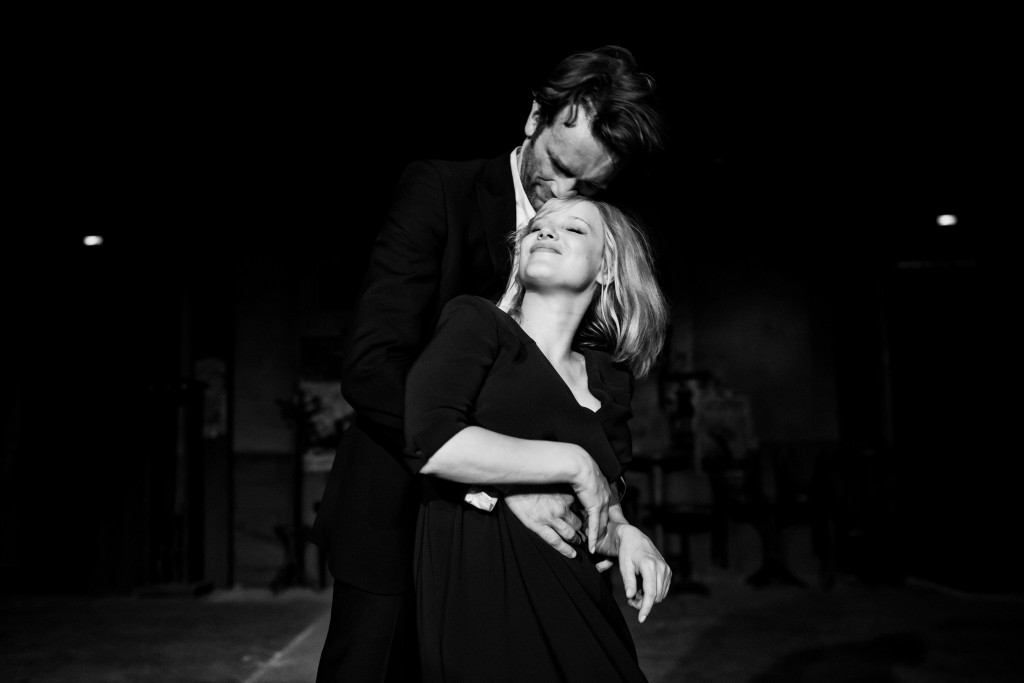
This connection is evident even in the film’s use of the 4:3 aspect ratio (in contrast to today’s 16:9 standard), evoking the aesthetic of auteur cinema of the time: Bergman, the French New Wave, and of course, the Polish Film School — an informal group of postwar filmmakers that emerged after the political thaw of October 1956. The Polish Film School was known for its sombre themes (exploring the aftermath of World War II and examining national myths), while at the same time using a new aesthetic that broke with socialist realism and corresponded to the tradition of Italian neorealism and the French New Wave. Films like Andrzej Wajda’s ASHES AND DIAMONDS, Jerzy Kawalerowicz’s NIGHT TRAIN, and Andrzej Munk’s PASSENGER (the subject of a recent documentary by Michał Bielawski) stand as quintessential examples.
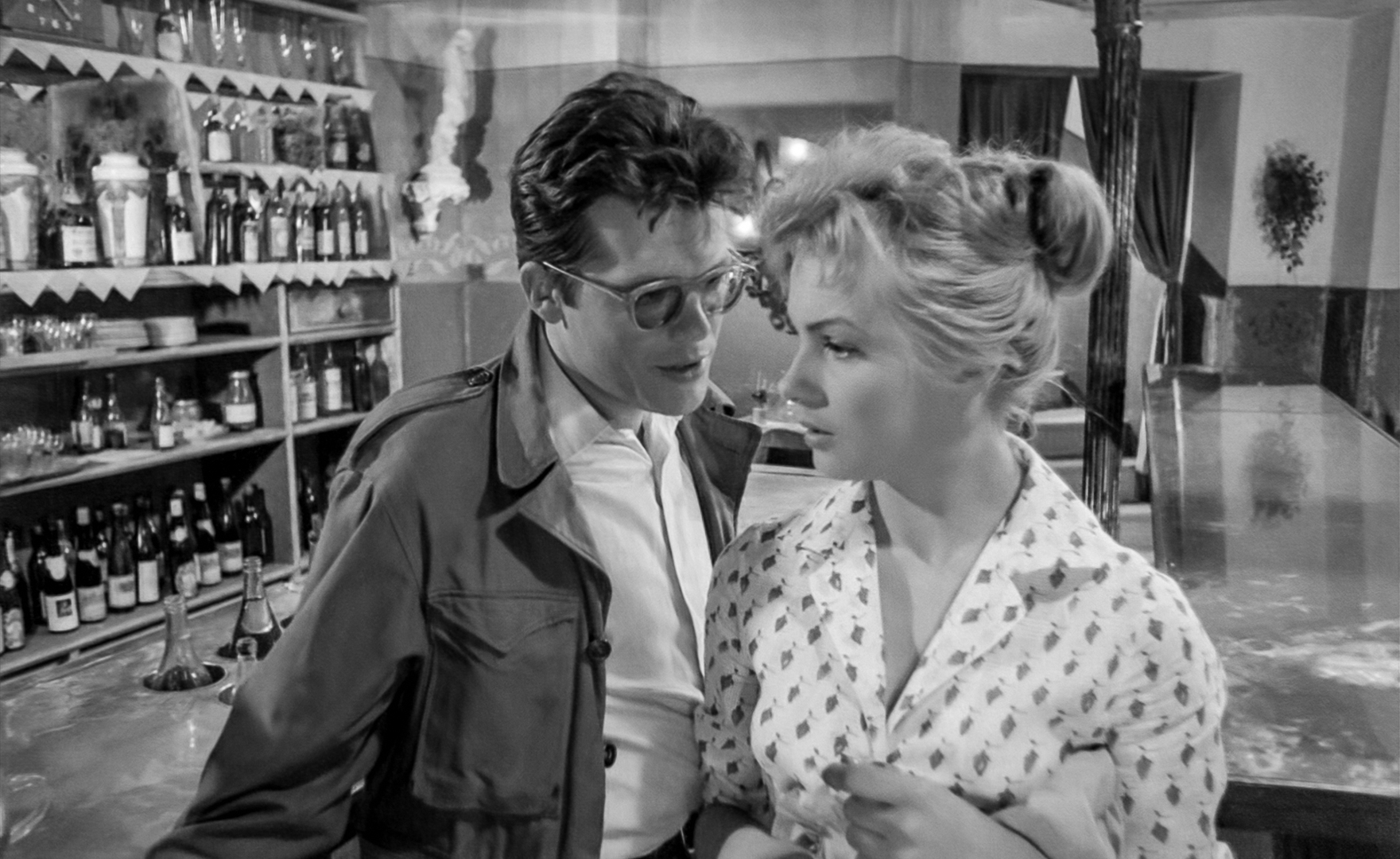
IDA features visual references to all those titles. Beyond nods to Wajda’s iconic ASHES AND DIAMONDS, Pawlikowski draws inspiration from other Polish Film School classics such as Kawalerowicz’s MOTHER JOAN OF THE ANGELS (1961) — a film that later inspired Ken Russell’s controversial THE DEVILS (1971) — and Kazimierz Kutz’s NOBODY’S CALLING, a Silesian director’s polemical response to Wajda, often compared to Antonioni’s L’AVVENTURA. The stylized black-and-white cinematography in IDA resonates emotionally, reflecting a post-war Poland still reeling from trauma — a crumbling world depicted through visual language defined by legendary cinematographer Jerzy Wójcik, to whom IDA’s creators paid homage.
Pawlikowski re-affirmed this artistic lineage in COLD WAR, which won him the Best Director award at Cannes and starred European Film Award winner Joanna Kulig. That film, too, harks back to the Polish Film School, particularly Wojciech Jerzy Has’s FAREWELLS (1958) — a director perhaps less internationally recognized than Wajda or Polański, but no less visionary. Has, a unique figure in Polish cinema, combined Polish Film School roots with a distinct, Felliniesque imagination, often operating on the fringes of the mainstream.
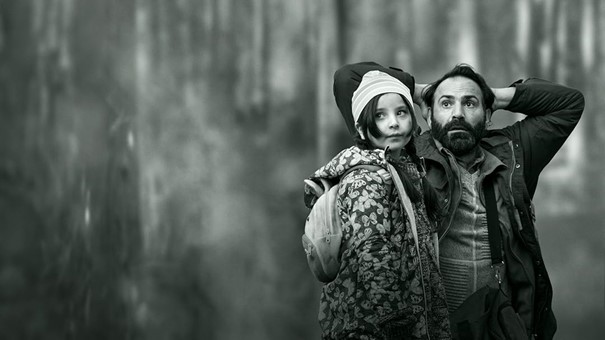
The Polish Senate has declared 2025 the Year of Has, marking the centenary of his birth. Celebrations include nation-wide screenings and international retrospectives — one held at the Bergamo Film Meeting in Italy, and a touring program currently in Spain. Films such as THE NOOSE, HOW TO BE LOVED, and cult classics like THE SARAGOSSA MANUSCRIPT and THE HOURGLASS SANATORIUM (recently re-imagined by the Quay Brothers) continue to captivate audiences with their boundless imagination. The influential Polish magazine Kino, akin to French Cahiers du Cinéma or British Sight & Sound, recently dedicated its May issue to Has.
If you’re wondering why all the directors mentioned so far are men, the answer lies in a broader historical pattern. Until the 1970s, women world-wide were largely excluded from directorial roles. In Poland, it wasn’t until artists like Agnieszka Holland and Barbara Sass emerged in the 1970s that this began to change. Likewise, the first woman ever nominated for the Best Director Oscar was Italian Lina Wertmüller for SEVEN BEAUTIES in 1977. Yet cinema history holds earlier female pioneers: Alice Guy-Blaché is being rediscovered, Leni Riefenstahl remains a subject of debate (most recently in Andres Veiel’s documentary), and Dorothy Arzner’s Hollywood films have seen re-newed interest, including at the American Film Festival in Wrocław.
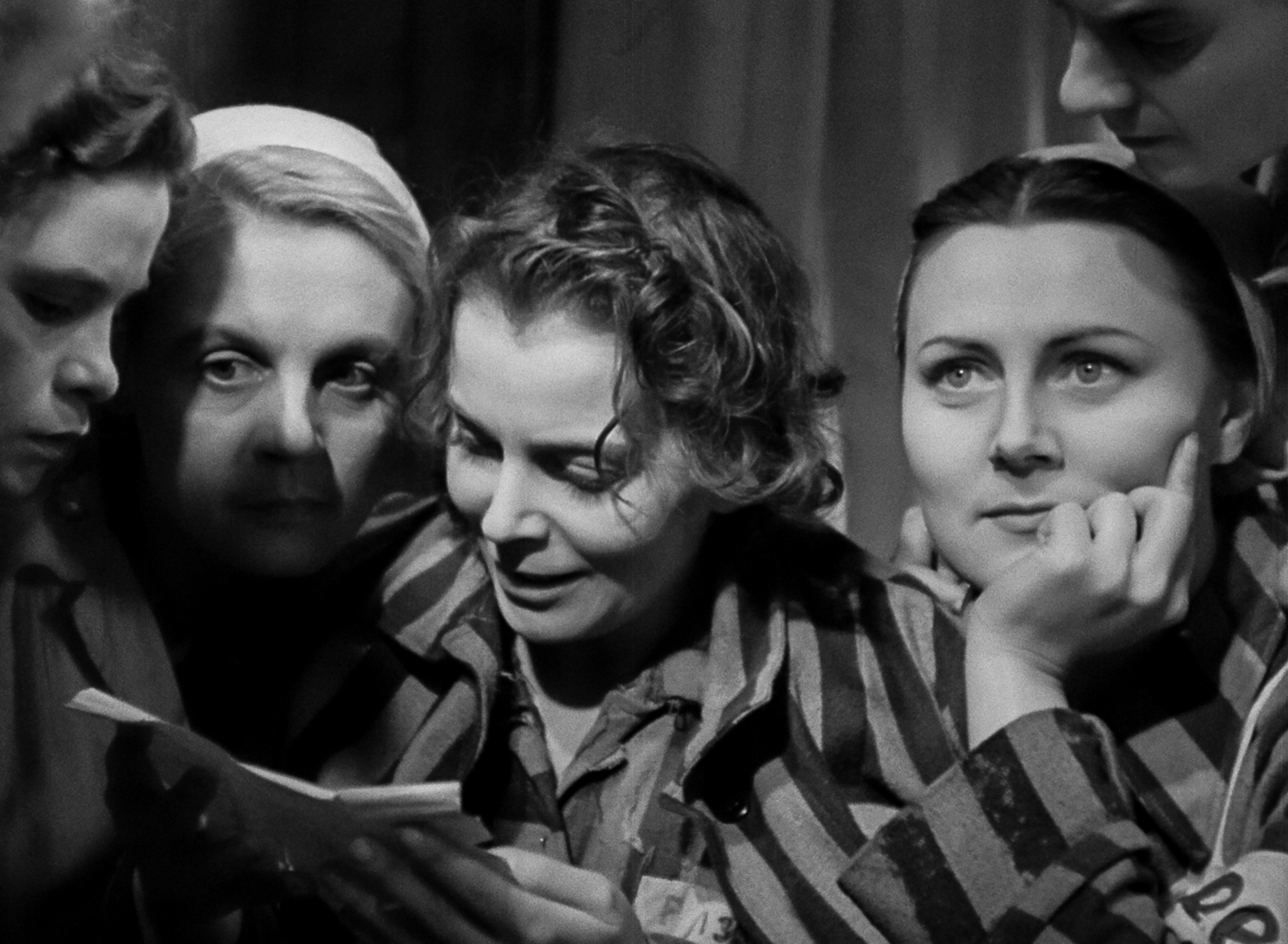
Poland had its own groundbreaking figure: Wanda Jakubowska, best known for THE LAST STAGE — the first feature film shot in Auschwitz after its liberation. A former camp’s prisoner herself, Jakubowska has delivered the film that was both a critical and commercial success, winning the Crystal Globe at the Karlovy Vary International Film Festival in 1948. Internationally dubbed “the mother of all Holocaust films,” she was later marginalised in Poland as a staunch communist. A decade ago, she was reappraised in a biography by Prof. Monika Talarczyk-Gubała and has since been embraced as a key figure not just in Polish cinema, but also in Polish herstory and queerstory — reflected in her inclusion in the newly opened Queer Museum Warsaw.
Jakubowska also taught for many years at the legendary Łódź Film School, alma mater of Wajda, Polański, Kieślowski, and contemporary filmmakers like Małgorzata Szumowska (a protégé of Has), Jan Komasa, and Magnus von Horn. The school consistently ranks among the world’s top 10 film academies. Less known is the story of one of its co-founders and long-time rectors, Jerzy Toeplitz, who fled Poland after 1968 due to anti-semitic persecution. He went on to establish the Australian Film, Television and Radio School (AFTRS) in Sydney in 1973, playing a crucial role in the rise of the Australian New Wave.
Strong cinema is built on strong institutions. In addition to film schools, film festivals are essential. The cultural impact of the “big three” — Venice (est. 1932), Cannes (1946), and Berlin (1951) — cannot be overstated. Festivals have also played a significant role in shaping Polish cinema: the Krakow Film Festival, founded in 1961, remains key for short and documentary films, is part of the European Film Academy’s festival network to establish the shortlisted and nominated short films and serves as an Oscar qualifier. The Warsaw Film Festival (est. 1985), recognized by FIAPF, was co-founded by Roman Gutek, a towering figure in post-1989 Polish cinema. Through Gutek Film (the first title introduced by the firm to Polish audiences was LISBON STORY by Wim Wenders — long-time president of the European Film Academy) he also founded the New Horizons Association. Its flagship event, the New Horizons Film Festival — now in its 25th edition — is among the most vital and beloved in Central Europe.
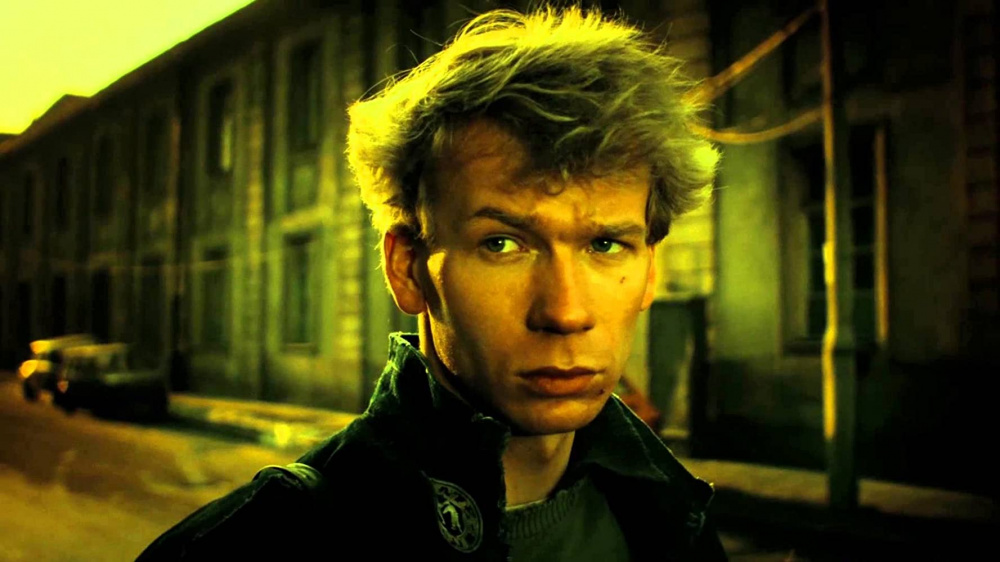
Finally, among many other important ones, such as Camerimage or Docs Against Gravity, there’s the Gdynia Film Festival, celebrating its 50th edition this year. Devoted exclusively to Polish cinema, it remains a crucial platform for national filmmakers. Past winners include THE DELUGE (dir. Jerzy Hoffman, 1974) — an Oscar-nominated box-office giant — Krzysztof Kieślowski’s A SHORT FILM ABOUT KILLING (1988), which won the first European Film Award (then still called the Felix), the aforementioned IDA, and GREEN BORDER (2023) by Agnieszka Holland, who has also made lasting contributions to the European Film Academy. Well, she’s European to the core – just like Polish cinema.
Partners
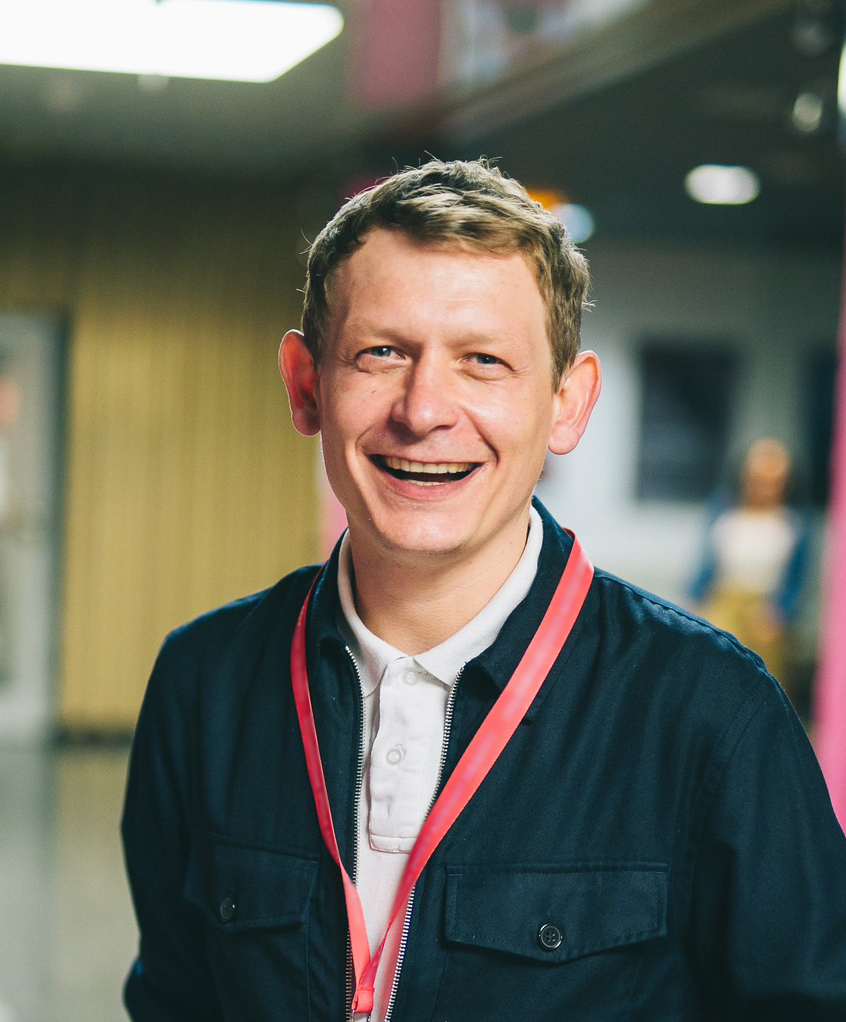
Adam Kruk
Adam Kruk
Polish film critic, journalist and lecturer who writes for numerous magazines (Kino, Filmweb, Newsweek, Images), reports from film festivals such as Venice, Berlin and San Sebastian and is the co-author of several books on film, art and culture. In 2014 he participated in the European Film Academy’s «A Sunday in the Country» for young critics and film journalists, member of the Academy since 2022.
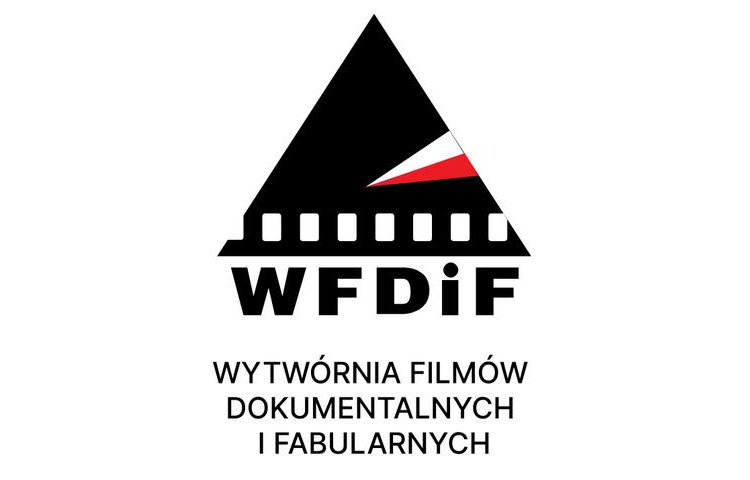
Documentary and Feature Film Studios (WFDiF)
Documentary and Feature Film Studios (WFDiF)
The Documentary and Feature Film Studios (WFDiF) at 21 Chełmska Street in Warsaw is a legendary institution which has been producing Polish films for 75 years. Founded in 1949, at the beginning as a centre for the production of documentary films and the Polish Film Chronicle, WFDiF became an important centre for feature film production as well.
WFDiF produced famous Polish documentaries and hundreds of episodes of PKF (Polish Film Chronicle). The most important trends in Polish documentary cinema were born and developed at WFDiF – from the first post-war productions, through the renowned “black series” and the most famous documentary films of the 60s, 70s and 80s, to the documentaries of the time of the transformation.
Festivals
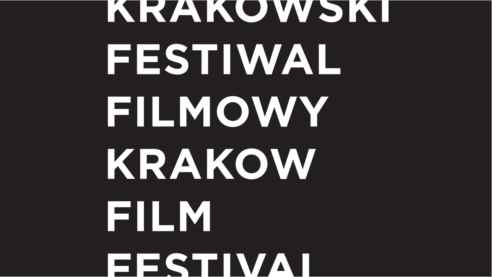
Krakow Film Festival
Krakow Film Festival
Krakow Film Festival is one of the oldest events in the world dedicated to documentary, animated and short feature films. Its core consists of three competitions of equal rank: documentary film competition, short film competition and national competition. During the eight festival days, the viewers have a chance to watch about 250 films from Poland and from around the world. They are shown in competition sections and in special screenings. The festival is accompanied by exhibitions, concerts, open-air shows and meetings with artists. Every year, the festival is visited by approximately 900 Polish and international guests: directors, producers, festival programmers and numerous Krakow audiences.
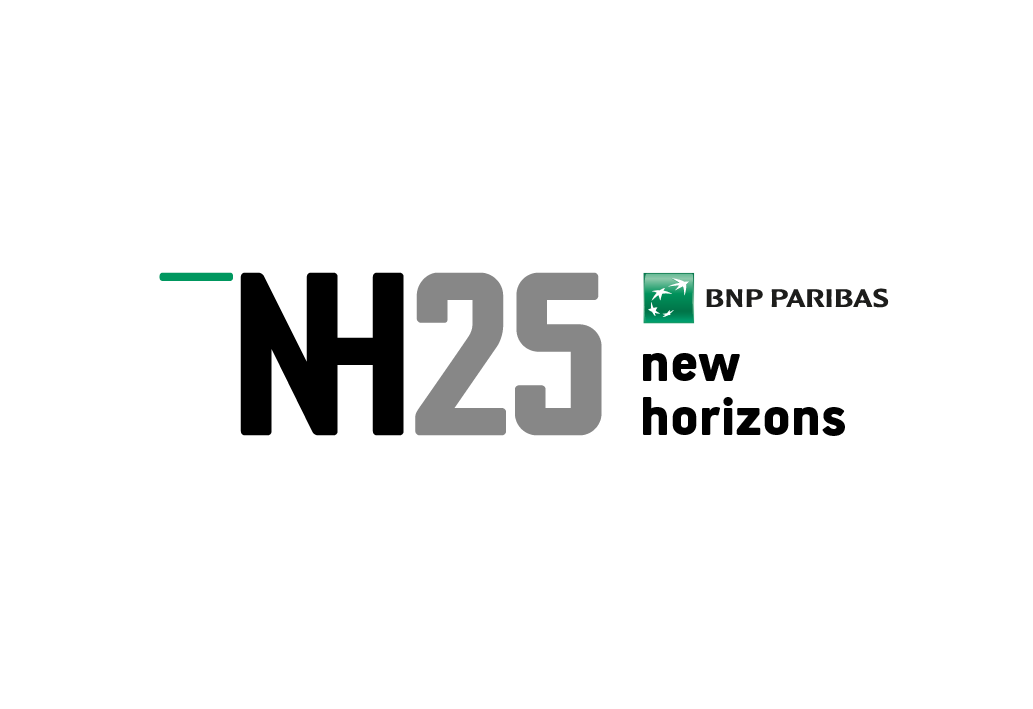
New Horizons International Film Festival
New Horizons International Film Festival
The largest film event in Poland focused on arthouse, unconventional, experimental cinema. This is a festival of cinema visionaries, adamant artists, brave enough to follow their own path against the trends and to talk about the most important matters, using their own, unique language. The New Horizons festival has gradually become the most visited event of such type in Poland, one of the most popular in this part of Europe. In 2024, it was attended by more than 167,000 film-goers, who had the opportunity to see 285 films at more than 600 screenings. The 25th edition of the festival will be held in Wroclaw on 17-27 July 2025. The program will contain numerous Polish premieres of new films and retrospectives of such filmmakers as Glauber Rocha, Athina Rachel Tsangari, Anne-Marie Miéville and Lee Chang-dong.
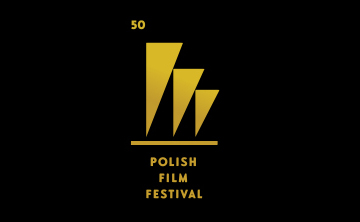
Polish Film Festival
Polish Film Festival
Polish Film Festival is one of the oldest film events in Europe focusing on presenting the Polish film works on such a wide scale. Founded in 1974 the Festival celebrates its 50th edition in 2025.
This week-long celebration is filled with screenings of both new and classic films, alongside a range of debates, industry panels, exhibitions, and concerts. New Polish films, among them a significant number of world premieres, compete for prizes in three competitions: Main, Perspective and Short Films. In addition, a cross-section jury awards a prize for directorial debut or second film to one of the films from the Main and Perspective competitions.
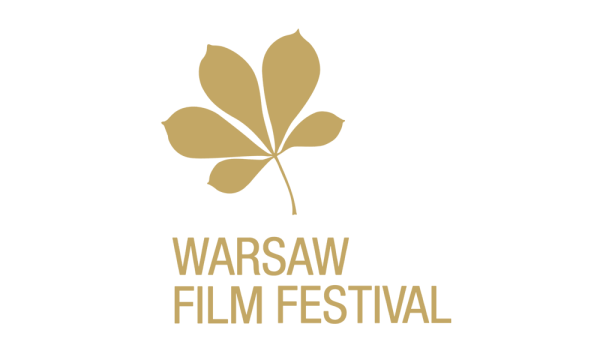
Warsaw Film Festival
Warsaw Film Festival
Founded in 1985, the Warsaw Film Festival joined the elite group of international film festivals accredited by FIAPF in 2009, placing it alongside prestigious events such as Cannes, Venice, Berlin, Locarno, San Sebastián, Karlovy Vary, Tokyo, Mar del Plata, Cairo, Goa, Shanghai, Montreal, and Tallinn Black Nights.
This year marks a new chapter for the Warsaw Film Festival, as it enters a new phase under new leadership, featuring a restructured program and the launch of Warsaw Industry Days – a professional platform designed to support networking and collaboration within the film industry. The 2025 edition of the festival will take place 10 – 19 October.

